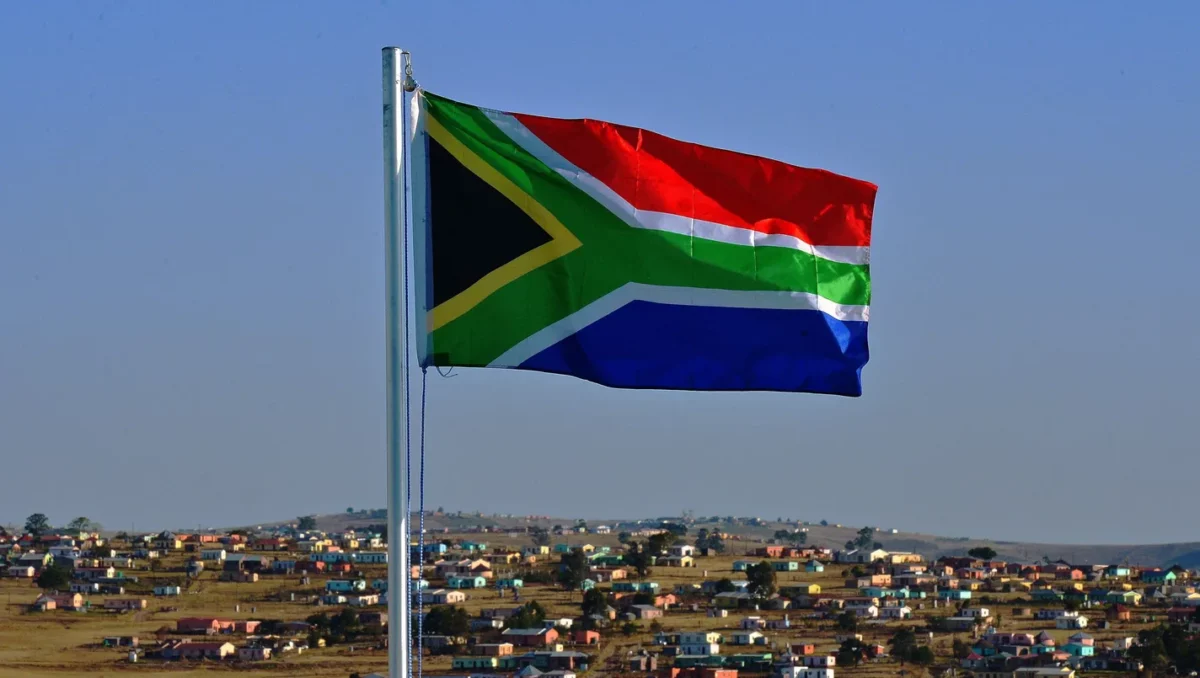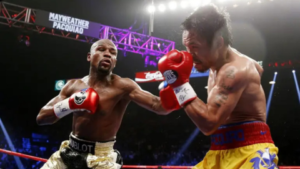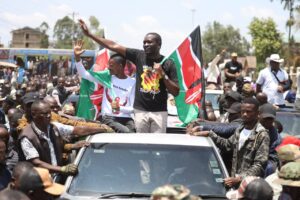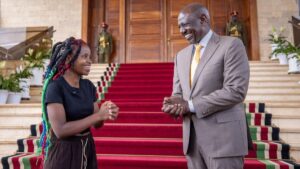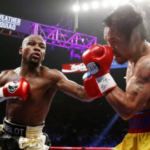South Africa, often celebrated for its peaceful transition from apartheid to democracy, still faces significant challenges. Despite government reforms, it remains the most unequal society globally.
The contrast between the emerging black elite and the majority who continue to suffer underlines a disturbing trend of elitist discrimination.
The superficial reforms – such as limited land redistribution and access to basic services – have failed to address the root causes of systemic inequality.
In this context, the ideas of Steve Biko and Rick Turner offer valuable lessons for the country’s ongoing struggles for social justice, equality, and genuine decolonization.
Beyond Paternalistic Liberalism
Rick Turner, a prominent intellectual and anti-apartheid activist, believed in the power of Christianity to dismantle apartheid. For Turner, Christianity was a moral force that could guide the country towards justice and equality.
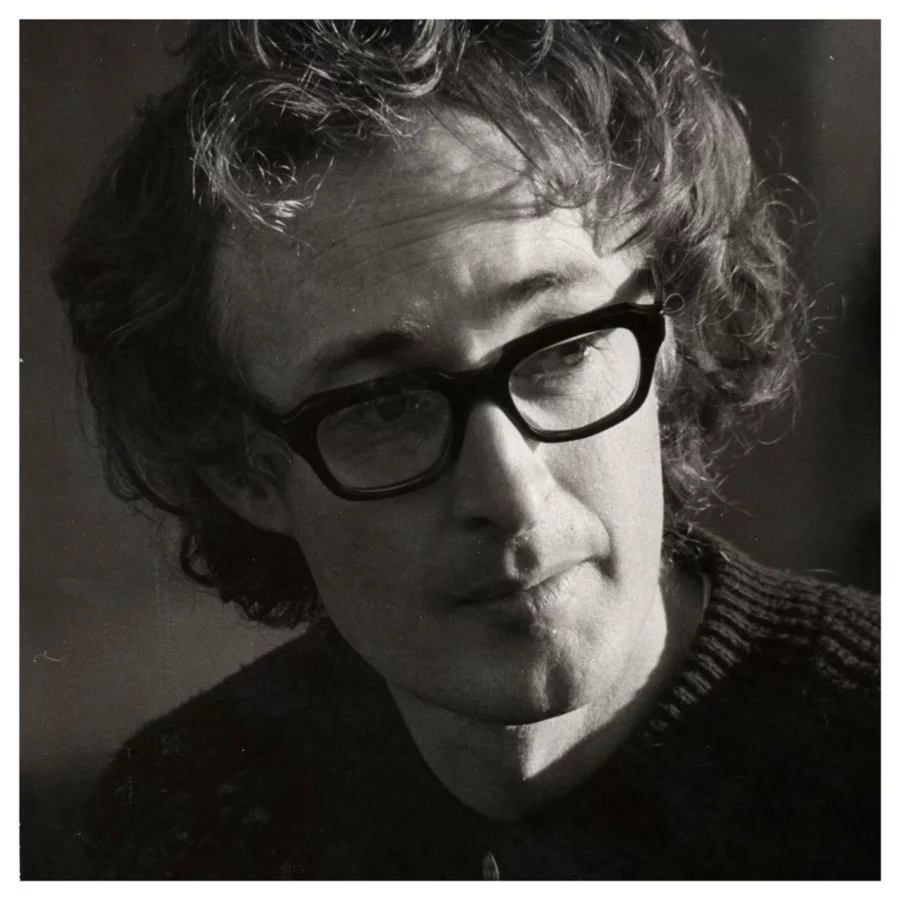
However, he was critical of white liberalism, not for its intentions, but for its lack of forcefulness.
Turner saw white liberalism as insufficiently radical to bring about substantial change in South Africa.
To him, the failure of liberalism lay in its inability to challenge the apartheid system deeply enough, often resulting in half-hearted measures that maintained the status quo rather than dismantling it.
Turner’s rejection of white liberalism on pragmatic grounds teaches modern South Africa that change requires more than just good intentions. Superficial reforms are not enough to address the deeply entrenched inequalities in society.
True transformation demands a willingness to confront uncomfortable truths and make difficult decisions that disrupt the existing power structures.
In essence, Turner’s ideas push for reforms that go beyond the surface to effect real and lasting change.
Biko’s Vision of Black Liberation: Centering the Oppressed
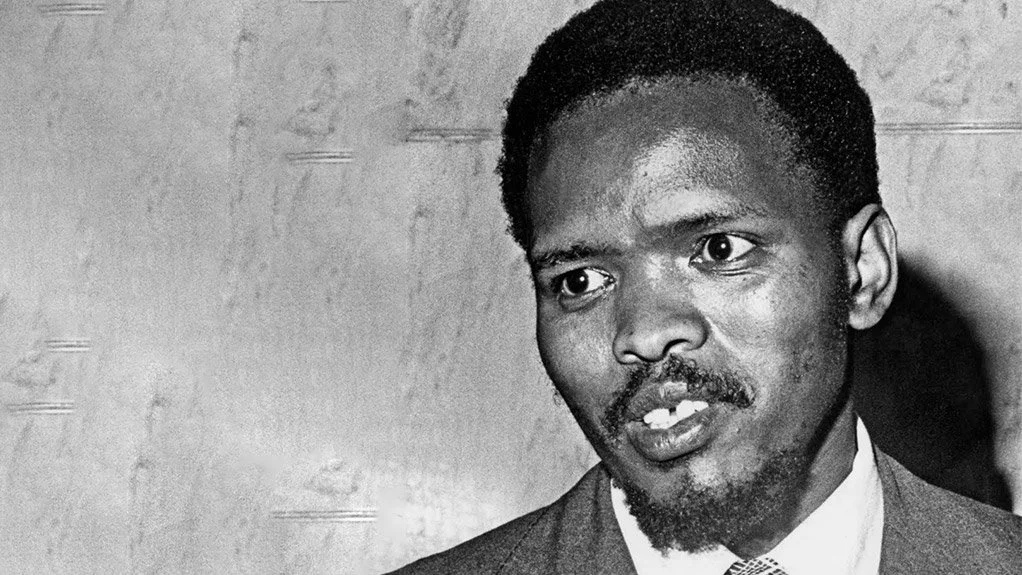
Steve Biko, the father of the Black Consciousness Movement, offered a different but complementary perspective. Biko saw Christianity not just as a tool for dismantling apartheid, but as a means for black liberation.
His interpretation of Christianity was deeply rooted in the lived experiences of black South Africans.
Biko rejected white liberalism not just for its ineffectiveness, but because he believed that racial privilege prevented white liberals from truly understanding the black experience.
To Biko, the liberation of black people could not be achieved through the paternalistic attitudes of white liberals, who, despite their best intentions, could not fully grasp the realities of being black in a racially oppressive society.
Biko’s emphasis on black liberation offers a critical lesson for South Africa today: empowerment initiatives must be led by those who are directly affected by oppression.
True decolonization requires centring the voices and experiences of the oppressed, ensuring that they lead the struggle for their liberation.
This approach challenges the paternalistic tendencies that often accompany well-meaning interventions and stresses the importance of agency and self-determination in the fight for justice.
Path to Genuine Decolonization
Both Turner and Biko understood that genuine liberation goes beyond mere political freedom. It involves a deep, structural transformation of society.
For Turner, this meant radical reforms that addressed systemic inequalities at their roots. For Biko, it meant ensuring that the oppressed were at the forefront of their liberation, with their voices and experiences shaping the movement.
South Africa’s ongoing struggles for social justice, equality, and true decolonization require a shift in how the country approaches change. This involves challenging the narratives and values that have historically justified and sustained oppression.
It requires a commitment to deep structural changes that address the root causes of inequality, rather than settling for superficial reforms that maintain the status quo.
Read Also: The Travesty of Democracy in East Africa


